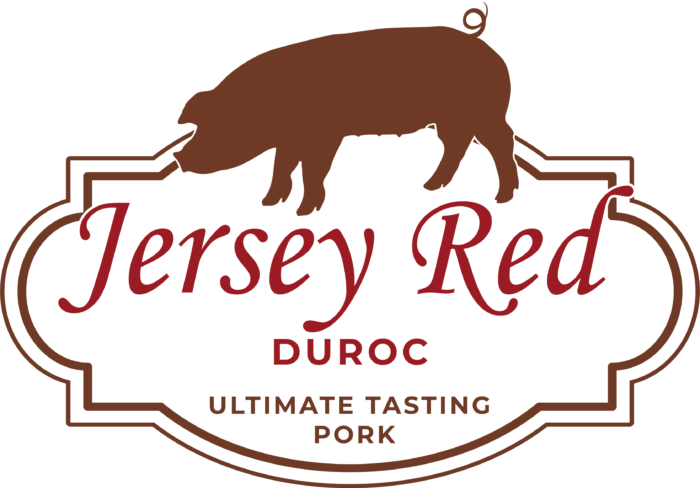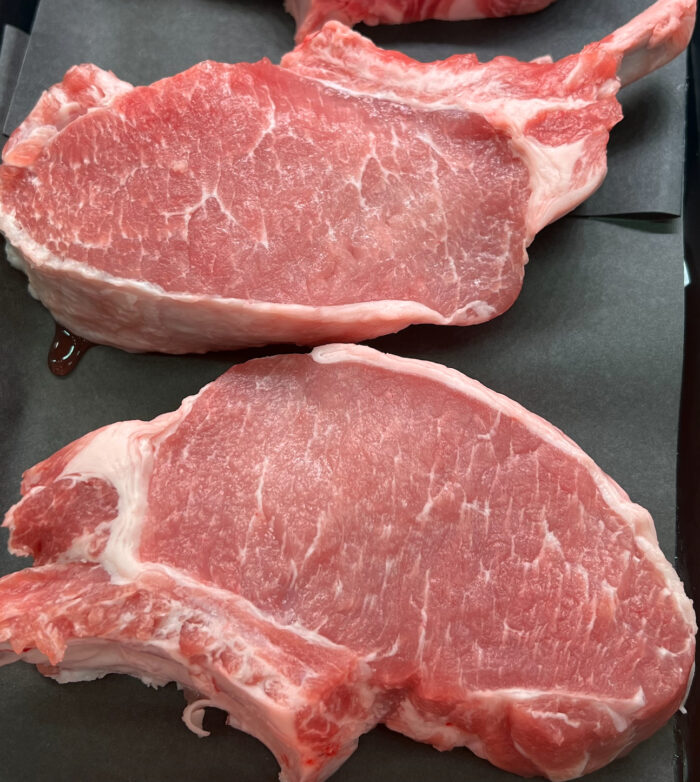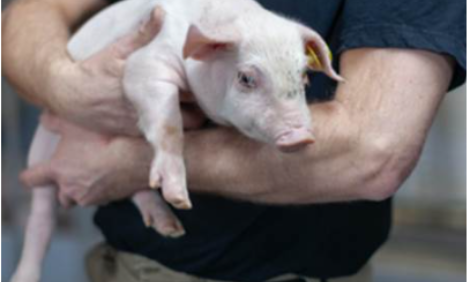



Jim Long Commentary: topsy turvy hog market
Market observations, USDA's global meat production forecast and GMOs/gene editingObservations
- U.S. hog marketing’s last week was 2,557,000, the same week a year ago 2,552,000.
- Iowa – S. Minnesota hog weights 284.1 lbs. a year ago same week 288.2 lbs. A difference of 4.1 lbs., a large difference. This lower weight tells us that packers got a good demand for hogs and want to maintain kill numbers while producers have willingness to ship. The hog inventory is current and you could argue a 4.1 lb. weight spread could indicate hog slaughter pulled ahead by 300 – 400,000 head. All bullish indicators.
- U.S. pork cut-outs closed Friday at $101.34 a strong price for this time of year with a good number of hogs coming to market.
- The latest weekly sow slaughter was 63,859 head. September sow slaughter was 258,000, and last year 251,000. Sow slaughter levels indicate to us that there is no sow herd expansion in the USA.
- The U.S cattle herd continues to liquidate. More heifers and cows went to slaughter in September than a year ago (plus 90,000). Year to date about 700,000 more cows and heifers have gone to market than in 2021. The herd keeps getting smaller, there will be less beef in the future and which is supportive of pork.
USDA’s latest forecast for Global Meat Production in 2023
Beef 59.2 million tonnes (similar to 2022)
Pork 111.0 million tonnes (+1% compared to 2022)
Chicken 102.7 million tonnes (+1.8% compared to 2022)
Pork is the number 1 meat in the world.
- We disagree with USDA’s projection that China’s pork production will increase by 2% in 2023. The liquidation of China’s sow herd won’t make that possible. USDA projected last year China’s production would decline by 14% in 2022, actually, it’s up 5% in the latest information. They also predict the USA up by 2023 1%. Not sure how this happens with the fact of a smaller U.S. sow herd year over year.
We continue with the view that the USA, China, and EU producing 75% plus of all the world’s pigs will be down in production in 2023. There will be less pork in the world in 2023 compared to 2022.
GMO – Gene Editing
The major swine genetic company in the world is betting heavily on the implementation of GMO – Gene Editing in the hope it will combat PRRS. They have spent 10’s of millions in this quest. It appears from industry discussion they have promised this technology to many producers. Seems many have been promised to be the first customers. We expect at some point (who knows when) the technology of GMO – Gene Editing could work.
The following comments are not about technology but the challenge of consumer and market acceptance.
We like you have much of our livelihood tied up in pork production. We like you are all in. The one thing we know is it’s better for business to have solid pork demand whether it be domestic or export.
The big question to us will consumers and markets accept GMO – Gene Editing technology in the food chain.
GMO – Salmon though legal has had big resistance from retailers and consumers. Most of the major U.S. retailers won’t sell the Salmon product i.e., Walmart, Costco, Albertsons, Kroger, Hy-Vee, H-E-B, Meijer, Target, etc. What happens when the same retailers take the same position on GMO – Gene-Edited pork?
Link to list of national retailers’ positions on GMO Salmon: https://foe.org/company-commitments-on-gmo-salmon/
Paylean (Ractopamine) is a legal product. There was no issue domestically about its use in swine production. China (one customer) announced it will not accept Ractopamine in pork. Then everyone falls over themselves not to use it, an effective ban. One customer and it’s over for a legal industry-accepted product. With Paylean you could stop immediately, what happens if you have GMO – Gene-Edited pigs? They won’t disappear overnight.
Mexico is the U.S. number 1 export market for pork. Year to date 539,000 metric tonnes. Total U.S. exports YTD 1,189,000. Over 40% of all U.S. pork exports to Mexico. This past week the Mexican government reiterated its position that it will no longer accept and import GMO corn in 2024. Seems quite a drastic position but nonetheless, what does it mean for the pork industry?
Are we to believe that if GMO corn is stopped that GMO – Gene-Edited pork would follow? Pork is directly consumed just as the Mexican government worries about GMO corn being consumed directly in tacos, burritos, etc.
Many in the Mexican pork industry wish to cut U.S. pork imports to support domestic prices. We would expect many could push for stopping GMO – Gene-Edited pork from being imported. A government that looks at stopping GMO corn could concur. The National Pork Board reports monthly how much exports do for the value of market hogs. We expect Mexico is a big part of this, what is our risk factor with GMO – Gene Editing?
Iowa State which most would agree is ag friendly did an extensive survey recently on Gene-Edited foods of about 2,000 U.S. consumers.
The survey found; “Around 60% of the women in the survey said they would be unwilling to eat and purposely avoid gene-edited foods.” Not exactly a demand-enhancing driver, is it?
Iowa State survey article: https://www.news.iastate.edu/news/2022/06/28/gene-editing-foods
To us GMO – Gene-Edited pork is full of landmines that could jeopardize pork demand, and decreased pork demand would crush profitability. We can’t figure out why retailers would jeopardize their own brand for GMO – Gene-Edited pork. Case in point the Vice President of McDonald’s speaking at the NPIC conference in Wisconsin; “Don’t ask us to explain GMO – Gene-Edited pork.” When the world’s largest restaurant chain says they don’t want to deal with negatives that could jeopardize its brand. To put it bluntly, why would they care about PRRS? They don’t own hogs.
Currently, the world’s largest swine genetic company is pushing the merits of GMO – Gene Editing. We respect that’s their right. The executives who run the company have financial pressures with their big stock devaluation (Genus plc stock down 53% in the past year) to get 10’s of millions invested in GMO – Gene Editing. The major shareholder’s Baillie Gifford, Wellington Management Company, abrdn, Capital Group, and BlackRock are not exactly pig farmers by nature, they look for returns. That’s their business and right.
For us though a swine genetic company, we are lifelong pig farmers we look at it differently. We need genetics that grows demand (better tasting pork) not products that could very really (GMO – Gene Editing) threaten demand.
Disease resistance is done in a natural genetic way through selection vs. GMO – Gene Editing is an alternative. GMO – Gene Editing we doubt will fix the huge prolapse problem and 15% plus sow mortality that is occurring in some genetics. After a while of blaming prolapses and dead sows on feed, water, management, etc. it gets old. GMO – Gene Editing won’t fix the dead sow issue.
Yes, we have an opinion. Our opinion is motivated by the reality that our hog prices are driven by demand. We are worried the mad rush to GMO – Gene-Edited pork could crush demand. As an industry, we should consider the risk factors vs. reward.
Whether it’s GMO Salmon – Retailers, Paylean – China, GMO Corn – Mexico, McDonald’s, Iowa State survey. We need to approach with eyes wide open.











